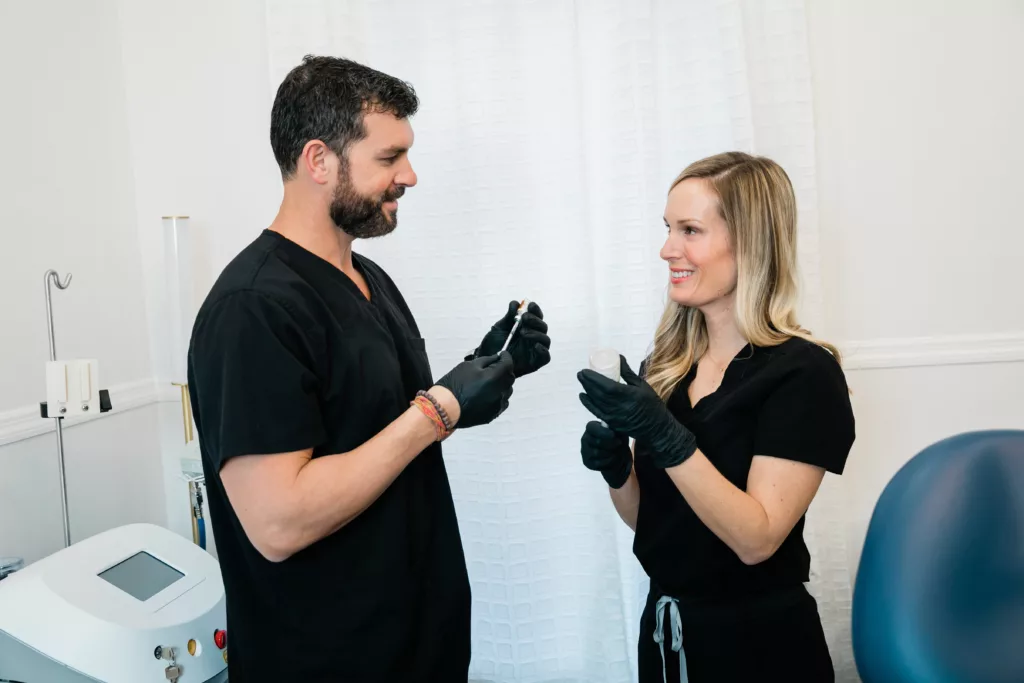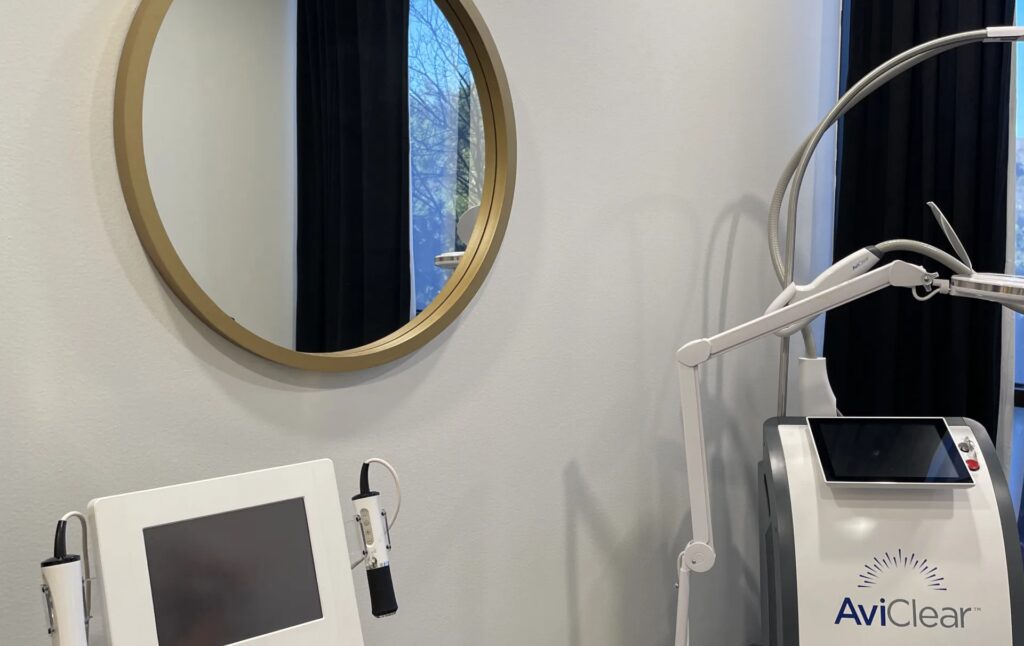As trusted advisors in the medical aesthetics industry, we've guided hundreds of successful MedSpa transitions. While each owner's journey is unique, we consistently hear certain motivations that drive the decision to sell or seek a strategic partnership.
Why Your "Why" Matters
Having clarity about your motivation for selling isn't just about personal reflection—it's fundamental to achieving your desired outcome. Your "why" influences everything from the type of buyer you'll align with to the deal structure that will best serve your goals.
Top Reasons MedSpa Owners Consider a Sale
1. Strategic Risk Management
Many successful owners choose to "take some chips off the table" while retaining partial ownership. This approach allows you to reduce personal financial exposure while maintaining involvement in the business you've built. You can capitalize on your MedSpa's current value while participating in future growth opportunities.
2. Career Evolution
Whether transitioning toward retirement or seeking to focus purely on patient care, many owners reach a point where they want to shift their professional focus. A well-structured sale can create this flexibility while protecting the practice's legacy.
3. Business Expansion
Some owners recognize that achieving their growth ambitions requires additional resources and expertise. Strategic partnerships can provide:
- Access to growth capital
- Operational support systems
- Enhanced negotiating power with vendors
- Risk sharing for expansion initiatives
4. Lifestyle Optimization
Running a successful MedSpa demands significant time and energy. Many owners seek a transition to:
- Increase family time
- Pursue other business ventures
- Relocate to a new area
- Focus on their primary passion for patient care
5. Operational Relief
Managing day-to-day operations, particularly staff recruitment and retention, can become increasingly challenging. Many owners find that partnering with a larger organization provides welcome relief from HR responsibilities while allowing them to maintain their role as lead provider.
6. Proactive Planning
Strategic timing is crucial in practice transitions. Forward-thinking owners often choose to sell when their practice is thriving rather than waiting for external factors to force their hand. This proactive approach typically leads to better terms and more control over the transition process.
7. Market Opportunity
With the medical aesthetics industry experiencing significant growth and investor interest, some owners recognize optimal conditions for a sale. While market timing shouldn't be the sole driver, it can be a catalyst for owners who've been considering a transition.
8. Geographic Flexibility
Life changes, including the desire to relocate, can prompt owners to consider a sale. Whether moving for personal reasons or seeking a change of environment, a well-planned transition can facilitate these life changes while protecting the practice's value.
9. Clinical Focus
Some owners find that business management responsibilities have pulled them away from their passion for patient care. A strategic partnership can allow them to refocus on clinical work while benefiting from professional management support.
10. Strategic Partnership
Many owners seek more than just a financial transaction—they want a partner who brings additional expertise and resources. The right partnership can provide operational support, growth strategies, and shared industry knowledge.
11. Growth Capital
For owners looking to expand, a strategic partnership can provide access to capital and resources needed for growth. This can include funding for new locations, equipment, or service expansions, often with shared risk and expertise.
12. Succession Planning
Whether due to retirement planning or risk management, having a clear succession strategy is crucial. A well-structured transition ensures business continuity and protects the interests of staff and patients.
13. Professional Development
Some owners see a strategic partnership as an opportunity for professional growth. Access to advanced training, new technologies, and broader industry networks can enhance both personal development and practice capabilities.
Planning Your Next Steps
Understanding your primary motivation for selling is crucial for achieving your desired outcome. Each of these reasons can lead to different deal structures and buyer profiles. The key is aligning your "why" with the right opportunity and partner.
Consider scheduling a confidential consultation to discuss your specific situation and goals. Our team can help you understand your options and develop a strategy that aligns with your vision for the future.
Remember, the most successful transitions begin with clarity about your objectives. Whether you're ready to transition now or planning for the future, having a clear understanding of your motivation will guide you toward the right opportunity at the right time.



